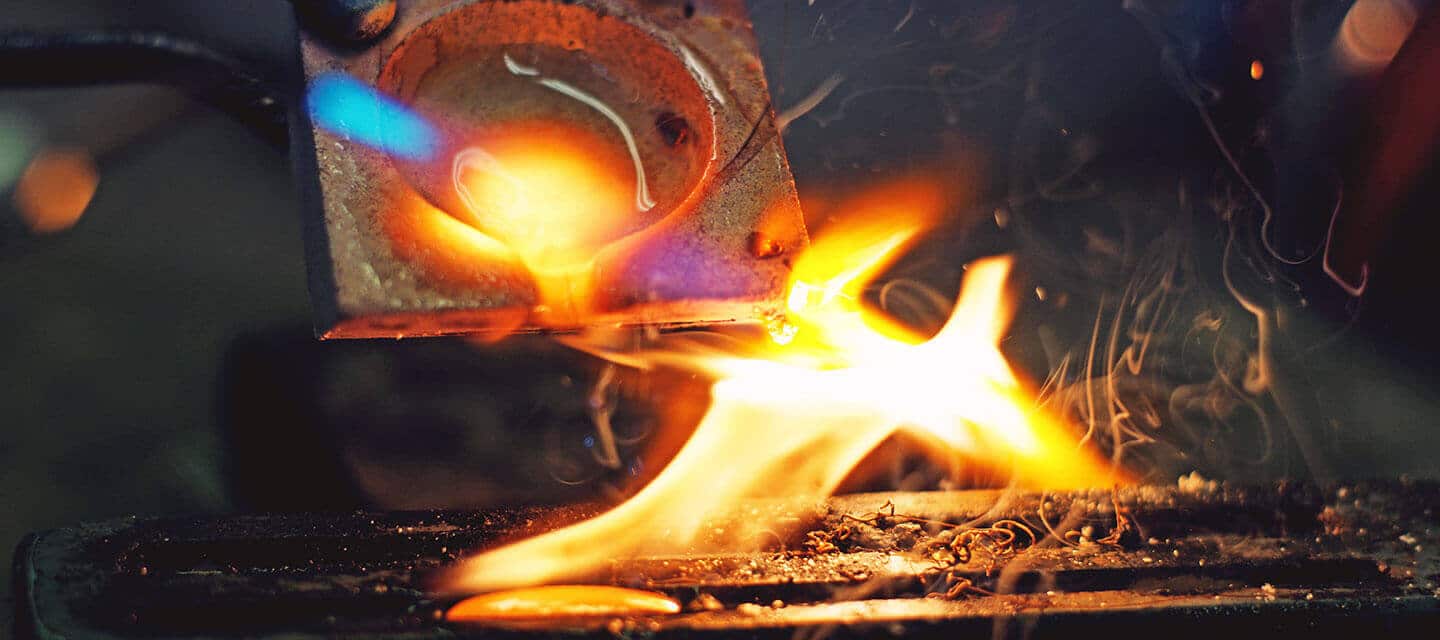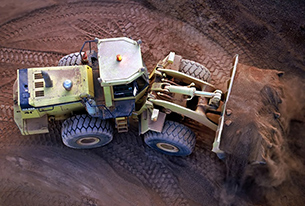All Things Ethical Part 1
Delve into the world of ethical jewellery and learn about the organisations working towards responsible production.

I’ve been looking into all things ethical for Harriet (and for my own interest) and thought other people might also like to find out a little more about who’s who in the ethical jewellery community. As well as that , explain what some of the acronyms which people might use mean. I’ll split my research so far across several blogs (as it’s rather long!) starting, of course, with ‘A’.
ARM
Alliance for Responsible Mining is ‘a pioneering global initiative created as an international and multi-institutional organisation to ensure credibility, transparency and legitimacy in the development of a responsible production framework applicable to artisanal and small-scale mining’. They developed the original Standard Zero standards upon which ARM and FLO later developed the Fairtrade and Fairmined Standards for Gold from Artisanal and Small Scale Mining, including associated precious metals. Through site based and product certification and corresponding market incentives, ARM supports small-scale and artisanal mining organisations and communities to meet criteria for responsible social, labour, environmental, and trading practices, and does advocacy work with governments for improved rights for ASM. ARM is committed to social justice and environmental responsibility as the values driving the transformation of ASM.
ARM’s vision is for ASM to become a formalised, organised and profitable activity that uses efficient technologies, and is socially and environmentally responsible, that increasingly develops within a framework of good governance, legality, participation and respect for diversity, it increases its contribution to the generation of decent work, local development, poverty reduction and social peace in our nations, driven by a growing consumer demand for sustainable minerals and ethical jewellery.
ASM
Artisanal and small-scale miners – miners who work on a small scale, generally without any mechanical help, which means that their work is less environmentally invasive than large scale mining. All Fairtrade gold will be mined by ASMs.
Australian Diamonds
Diamonds mined in Australia which are considered ethical because working conditions are controlled and regulated. As a company we don’t use these as we feel that we should support the people in developing countries whose governments really do depend on the income from the mining to pay for healthcare, education etc and who really do need the work. The diamonds tend to be laser inscribed on the girdle so you can look up your individual stone on a database, which does appeal to some customers.
We’re members of the British Jewellery Association – the national trade association which promotes and protects the growth and prosperity of UK jewellery and silverware suppliers (originally set up to support goldsmiths and makers but they have now become more retail orientated). Members of the British Jewellery Association have got to have a policy of only using conflict free diamonds, in fact the BJA have been very influential in the introduction of the Kimberly Process in this country. The BJA are members or the RJC. Their magazine is Retail Jeweller.
Blood Diamond (film)
The Leonardo Di Caprio film made in 2006 brought the problem of conflict diamonds to global public attention. It shows the plight of people in Sierra Leone caught up in the conflict between the government and rebel forces, and how diamonds have been used to fund the violence. The end of the film shows the meeting which was the start of the Kimberley Process.
Blood Diamonds (gems)
Conflict diamonds, also referred to as blood diamonds, are diamonds that originate from areas in Africa such as Sierra Leone and Angola which are controlled by forces or factions, or corrupt governments responsible for fuelling conflict and wars. Small scale diamond mining was exploited and these diamonds were often used to fund military action by the forces, action that has resulted in the loss of an estimated 3.7 million lives in Sierra Leone, Angola and the Democratic Republic of Congo.
Whilst many of these conflicts have now been somewhat resolved, the problem of conflict diamonds still exists and always will. The Kimberley Process has also gone a long way to preventing conflict diamonds from getting into the legitimate supply chain, but as a company we feel that we have a continuing duty to the millions who have suffered to make sure these diamonds do not infiltrate the diamond industry. For our own peace of mind we ask customers who are using diamonds bought elsewhere to provide evidence that their diamond is conflict free or sign to say that their diamond is from an old piece of jewellery and they therefore cannot tell its history.
Keep an eye out for part 2, where I will explore more ethical jewellery options and information!


